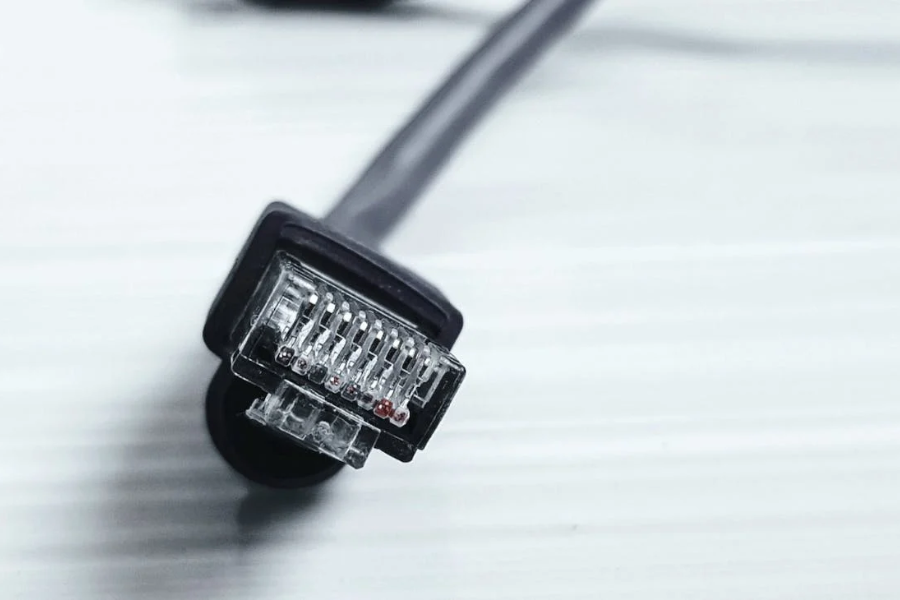Web servers are the backbone of the internet, responsible for serving content to users worldwide. LiteSpeed and Apache stand out among the many web servers available due to their popularity and feature sets. In this blog post, we’ll compare these two web servers in detail, helping you understand their strengths and weaknesses and, ultimately, aiding you in choosing the best solution for your needs.
Overview of Apache
Apache HTTP Server, commonly called Apache, is one of the world’s oldest and most widely used web servers. Developed by the Apache Software Foundation, it has been a cornerstone of the web since 1995. Apache is open-source and known for its robustness, flexibility, and extensive module system, which allows for a high degree of customization.
Overview LiteSpeed
LiteSpeed Web Server (LSWS), developed by LiteSpeed Technologies, is a high-performance web server designed to deliver superior speed and security. Although it is a commercial product, it offers a free version called OpenLiteSpeed. LiteSpeed is known for handling high traffic with low resource consumption, making it a popular choice for high-traffic websites and hosting providers.
Performance Comparison
Performance is critical when choosing a web server, as it directly impacts user experience and resource utilization.
Speed
LiteSpeed is renowned for its speed. It uses an event-driven architecture, which allows it to handle multiple connections with minimal resource usage. Thanks to its built-in caching mechanism LiteSpeed Cache, LiteSpeed can serve static content up to six times faster than Apache and dynamic content (e.g., PHP) up to 50% faster.
On the other hand, Apache uses a process-driven architecture, where each connection requires a separate process or thread. While this model is simple and effective, it can lead to higher resource usage under heavy load, impacting performance.
Resource Consumption
LiteSpeed’s event-driven architecture allows it to use fewer resources (CPU and memory) than Apache. This makes LiteSpeed particularly effective for high-traffic websites and hosting environments where efficient resource usage is critical.
Scalability
Scalability refers to the ability of a web server to handle increasing amounts of traffic without compromising performance.
LiteSpeed
LiteSpeed excels in scalability due to its event-driven architecture and efficient resource management. It can handle many concurrent connections with minimal resource usage, making it ideal for websites that experience sudden traffic spikes or consistent high traffic.
Apache
While Apache is highly flexible and customizable, its process-driven architecture can be a bottleneck under heavy load. Apache does offer Multi-Processing Modules (MPMs) like Event MPM, which improves its ability to handle multiple connections, but it still generally falls short of LiteSpeed in terms of scalability.
Security Features
Security is a paramount concern for any web server. LiteSpeed and Apache offer robust security features, but some differences exist.
LiteSpeed
LiteSpeed comes with built-in anti-DDoS (Distributed Denial of Service) protection, mitigating the risk of such attacks without additional configuration. It also supports a Web Application Firewall (WAF) with ModSecurity rules, offering an extra layer of security.
Apache
Apache also supports ModSecurity for WAF, and its extensive module system allows for high-security customization. However, Apache’s out-of-the-box security features are less comprehensive than LiteSpeed’s, requiring additional configuration and modules to achieve the same level of protection.
Compatibility and Integration
Compatibility with various technologies and ease of integration are crucial for seamless web server operation.
LiteSpeed
LiteSpeed is compatible with popular control panels like cPanel and Plesk, making integrating into existing hosting environments easy. It supports many technologies, including HTTP/2, QUIC, and modern SSL/TLS standards. LiteSpeed’s built-in cache plugin integrates seamlessly with popular CMS platforms like WordPress, Joomla, and Magento.
Apache
Apache’s strength lies in its extensive module system, which supports various technologies and third-party integrations. It is compatible with nearly all web technologies and control panels, making it a versatile choice for diverse hosting environments.
Ease of Use
Ease of use can significantly impact the efficiency of managing and maintaining a web server.
LiteSpeed
LiteSpeed is designed to be user-friendly. Its straightforward installation process and intuitive web-based interface for configuration and management further simplify server management tasks. Its compatibility with popular control panels also helps.
Apache
While flexible and powerful, Apache can be more complex to configure and manage, especially for users unfamiliar with its extensive module system and configuration options. However, its widespread use means a vast amount of documentation and community support is available.
Cost Considerations
Cost is essential for many users, particularly those running multiple servers or large-scale operations.
LiteSpeed
LiteSpeed is a commercial product. While it offers a free version (OpenLiteSpeed), the full-featured enterprise version requires a license. The cost is generally justified by its superior performance and reduced resource consumption, which can lead to savings in hardware and operational costs over time.
Apache
Apache is open-source and free to use, which makes it an attractive option for budget-conscious users. However, higher resource usage under load could result in higher hardware and maintenance costs, particularly for high-traffic websites.
Conclusion
LiteSpeed and Apache have their strengths and weaknesses; the best choice depends on your specific needs and circumstances.
- LiteSpeed is ideal for high-traffic websites and hosting environments where performance, scalability, and efficient resource usage are critical. Its built-in caching, security features, and user-friendly interface make it a strong contender for those investing in a commercial product.
- Apache remains a versatile and robust web server, particularly suited for users who require extensive customization and integration with a wide range of technologies. Its open-source nature and widespread use ensure a wealth of community support and documentation.
When choosing between LiteSpeed and Apache, consider your traffic levels, resource availability, security requirements, and budget. By carefully evaluating these factors, you can select the web server that best meets your needs and ensures optimal website performance and security. Choosing the best LiteSpeed Hosting solution if you’re considering LiteSpeed for your website.
Keep an eye for more news & updates on EssentialTribune.Com!








